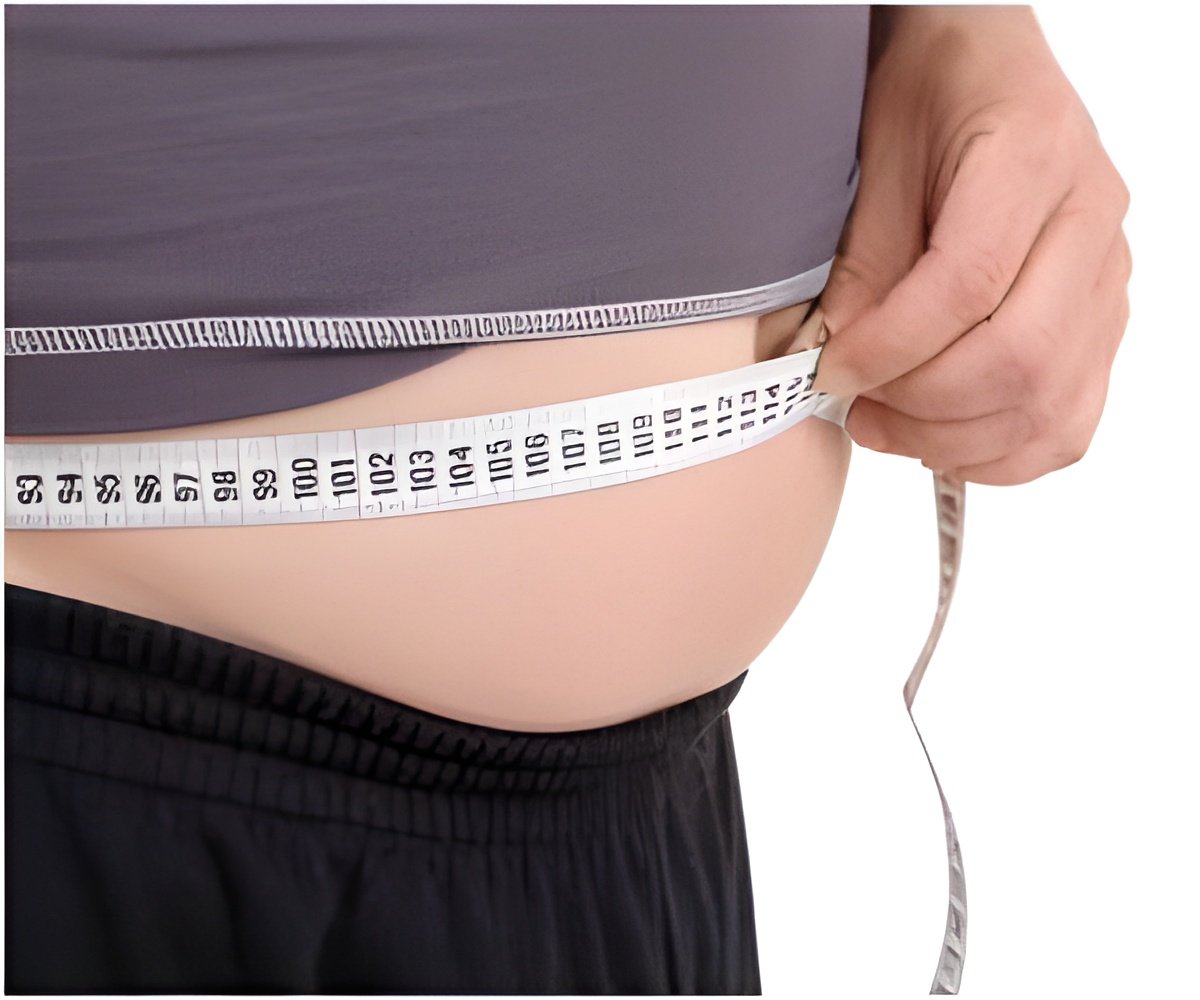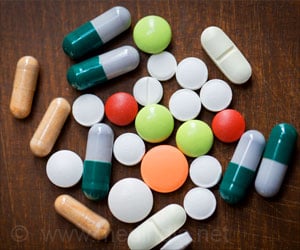US scientists have shown that enzyme IKKbeta curbs weight gain. In mice experiments it seems to improve metabolism and also the efficacy of insulin.

The relationship between fat, inflammation, and insulin performance is complex. The conventional wisdom is that obesity leads to inflammation which contributes to insulin resistance. In this study, the researchers changed the sequence of events for transgenically engineered mice by inducing inflammation via the enzyme IKKbeta in their fatty tissue before they were obese. The result for metabolism was much more positive than for control mice who were left unaltered but were fed the same diets.
For both male and female mice, the ones who were altered still put on weight but significantly more slowly. All the mice started at the same weight. After about 22 weeks on a high-fat diet, however, altered male mice weighed less than 38 grams while unaltered male mice weighed more than 45 grams. On a less extravagant diet named “chow” the difference was considerably lessened but was still statistically significant. Both trends held for females as well.
The altered mice experienced slower weight gain despite eating much more food. Their increased metabolism allowed them to dispatch the extra calories much more efficiently. After being injected with glucose, for example, altered mice maintained lower blood sugar levels than unaltered mice. The same was true after insulin injections, suggesting that insulin was more effective. In addition, the transgenic mice expended much more energy than their normal counterparts, suggesting that the sugar was indeed metabolized.
The mechanisms by which IKKbeta in fatty tissue increases metabolic performance are not completely clear, but the researchers measured increased expression of genes associated both with fatty acid oxidation and with making mitochondria, a cell part responsible for producing energy.
One possible lesson from the research seems to be that while obesity and inflammation are both promoters of insulin resistance, Xu said, obesity seems to be the worse one.
Advertisement
Another point is that IKKbeta’s ability to aid metabolism may be specific to its activation in fat tissue. In previous studies, scientists had activated it in the liver with no weight-reduction benefits and in the brain’s hypothalamus, leading to increased weight gain.
Advertisement
Source-Medindia












